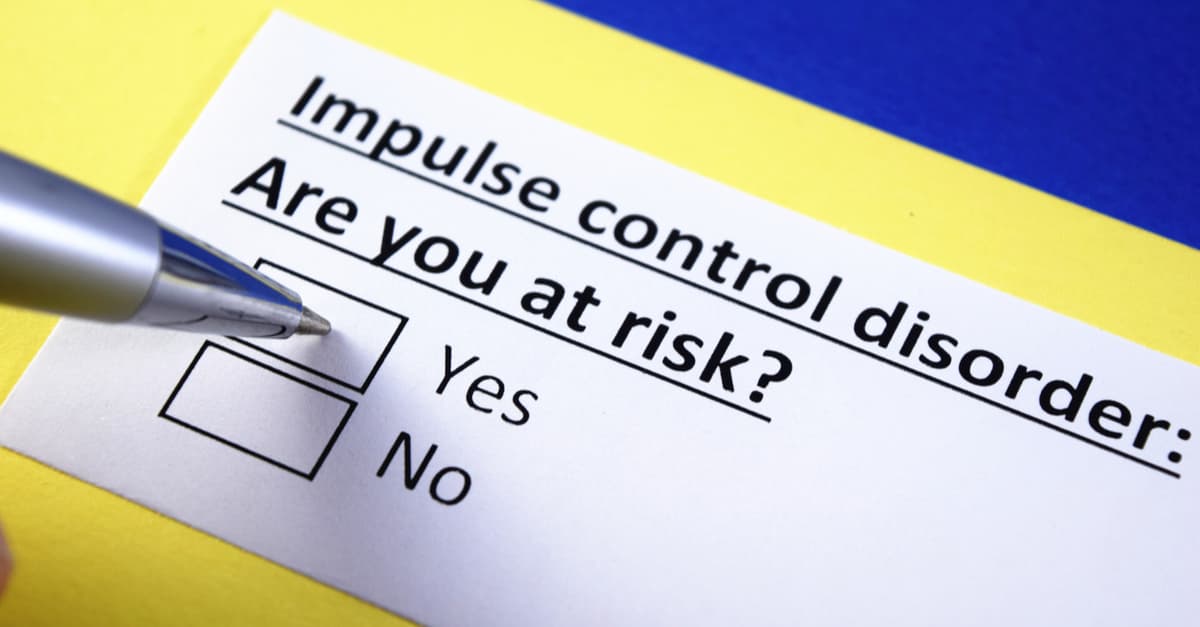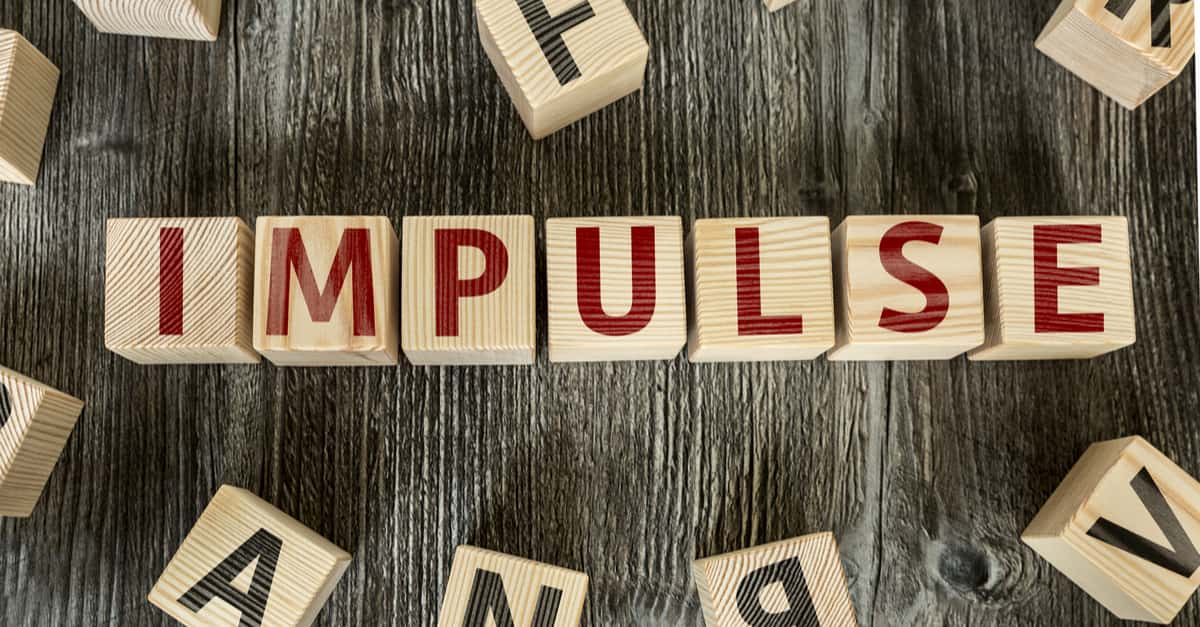When thinking of addictions, we more often think about addictions to substances such as drugs or alcohol. In fact, people are often suspicious of the validity of addictions that don’t feature an actual substance. So, when a person does a certain thing (rather than taking a certain substance) compulsively, is addiction to gambling real? Can you become addicted to a behavior? What about gambling? Why do some people find gambling a fun, relaxing thing to do occasionally, and it never interferes with their lives, while others become attracted to it to the point of actual harm?
Addiction is often characterized by the compulsion to continue despite the fact that the addiction is causing harm. Alcoholics and drug addicts may continue to drink and take drugs despite serious medical consequences, even to the point of death. They may lose their property, their homes, and even their families and friends, and still, the lure of the substance is too great.
Gambling is also a behavior that some people carry out repeatedly, even though it is causing them harm. But is an addiction to gambling a true addiction?
Addiction to Gambling and Changing Ideas

Many people associate addiction with something that has an effect on brain chemistry and therefore discount behavioral addictions because there is no substance being consumed. However, research into how our brains work has proved that compulsive behavior does have a major impact on the brain, and this explains how an addiction to gambling is entirely possible. In the past, it was thought that gambling was a compulsion, not an addiction; it was merely a way for some people to feel good and relax, and as such, some people did it too often. When a person prioritized gambling over other things in their lives, they were considered irresponsible. Later, gambling was reclassified as an impulse-control disorder, which is still different from an addiction. It is only relatively recently that gambling has been properly addressed as an actual addiction, changing how experts view the problem and opening up a new understanding of those suffering.
What Happens in the Brain When You Gamble?

Addiction to gambling works in a very similar way to addiction to substances. It all comes down to the reward center of the brain. When we do certain things, the reward center releases a little bit of dopamine. We LOVE dopamine; it makes us feel good. It is literally a reward. So, when you eat, exercise, or have sex (all things that should ensure you survive and pass on your genes), your brain rewards you with a feel-good feeling. We often call this a ‘buzz.’ The reward center of the brain is linked to the memory, so when we remember this experience, we want to repeat it and get that buzz again. When people take drugs, the brain is tricked into giving a boost of feel-good chemicals, a much bigger buzz. The brain becomes used to being flooded with these chemicals, so it takes more of the substance to get the buzz. If the person then stops consuming the substance, the brain and the rest of the body suffers from real, physical effects.
When a person gambles, they also get this buzz of dopamine. It makes them want to gamble more, and the stakes literally become higher as they try to replicate the buzz that gambling gives. In much the same way a person who is addicted to cocaine requires more and more of the substance to feel satisfied, a person with an addiction to gambling has to increase the risk to increase the reward. This can lead to people taking huge risks to the point of losing their home, maxing out their credit, and even risking their lives all in the name of gambling.
When someone suffering from an addiction to gambling stops gambling, they can experience real side effects. The brain is suddenly deprived of the flood of dopamine that it has become accustomed to. This can lead to physical withdrawal symptoms, and sadly it can drive people to seek out other ways of replicating the ‘reward.’ The sad fact is that many people who are addicted to gambling also have issues with alcohol and other addictive substances. Some people move from one addictive behavior to another. In the past, we referred to this as an addictive personality, but we now know that these people most likely have a predisposition to being enticed by things that activate the brain’s reward center. They aren’t addicted to a specific thing; they are addicted to how certain ‘rewarding’ things make them feel.
Why do Some People Experience Addiction to Gambling?

Those who have an addiction to gambling can be genetically predisposed to seeking out a dopamine reward. When we say that someone is genetically predisposed to alcoholism, we don’t mean that they have a need for alcohol in their DNA. We mean that they have an inherited tendency to be impulsive and seek out the buzz of a dopamine reward. Genetics aren’t the only cause; people are also predisposed to gambling problems due to learned behaviors and societal issues. These factors, such as our inherent value, our childhood experiences, and the behavior of those around us, can influence how ‘rewarded’ we are by gambling.
Rethinking Addiction

Addiction to gambling is a very real thing. Studying the behavior and brain chemistry of those suffering from an addiction to gambling has helped experts understand more about addiction and why it happens. We know now that addiction is not necessarily about a chemical we consume, but about a chemical we produce in response to rewarding experiences. For people suffering from a true addiction to gambling, this has meant that new treatment options, including medication, have been developed. Often similar to treatment for those suffering from substance addictions. Perhaps the most important thing for those who are suffering from an addiction to gambling and their families who often suffer is that society is moving towards a better understanding of the complex social and physical roots of this debilitating condition.
